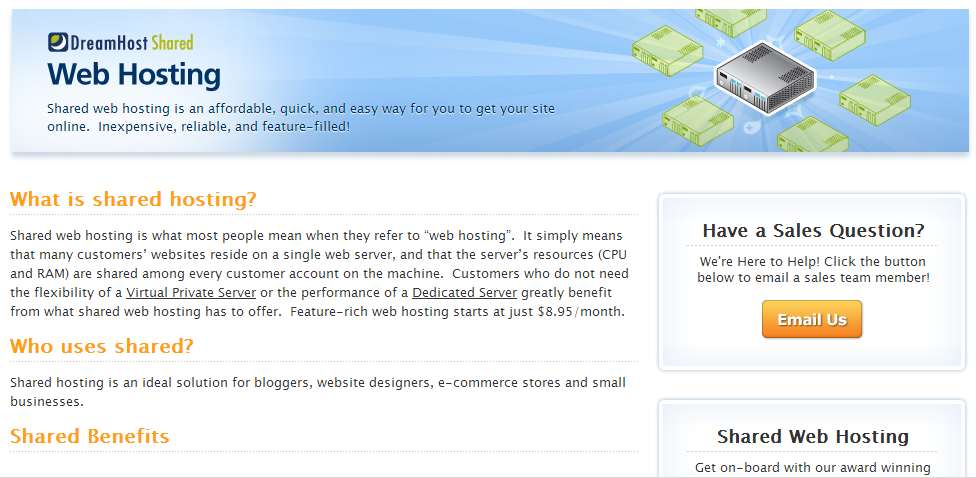
Whether you’re a web hosting provider or an online marketing company, these tips can help you create a website that provides the information your clients need to come up with realistic expectations.
Do Not Overpromise
The biggest mistake you can make is to offer something you can’t guarantee. It’s only common sense to avoid making promises you can’t keep. Be honest about the solutions you offer, and avoid exaggerating your results or setting unrealistic deadlines. Remember: it’s always better to underpromise and overdeliver.
Back Up Your Claims
There a lot of companies with websites saying they’re “the best”, or “the most effective”, or “the #1 provider”, but how many of these companies can actually back it up? If you’re going to make a huge claim on your website, make sure you have the proof to back it up, such as statistics, work portfolios, award information, or case studies.
Explain Your Services Clearly
Your visitors may not fully understand the processes involved in your services, which often leads to them not knowing what to expect, or having unrealistic expectations. Explaining everything clearly will help them understand what needs to be done and what your services can do for them. Avoid using technical language or jargon when writing about your services on your website. If using technical industry-specific terms is unavoidable, make sure to explain exactly what they mean.
DreamHost explains exactly what “shared web hosting” is right at the top of their Web Hosting page.
Provide visuals to explain your processes, if you can. Many successful businesses offer infographics, white papers, videos, and other visual materials to help clients understand their services better.
If you’re outsourcing services from a different provider, you may want to talk to them about their own processes in full detail. This way you can provide more accurate and detailed explanations to your own clients.
Be Open to Their Questions
Be prepared to answer your clients’ questions about your services, fees, and processes. You can add pages with a list of Frequently Asked Questions (FAQs) on your website to make it easier for them to find answers on their own, but make sure you keep your lines of communication open. Provide a Contact form, phone number, email address, or even a live chat feature to make it easier for clients to get in touch with you if they have any questions.
Your website is one of the first places your clients will visit for information on your business. Talk to us to find out what we can do to make your website more appealing and informative. We can even help you improve your customer support processes. Get started today!

